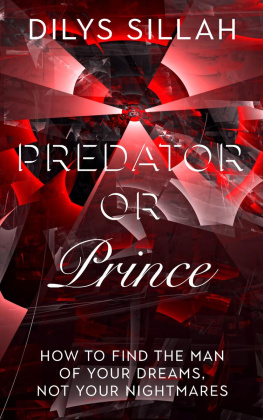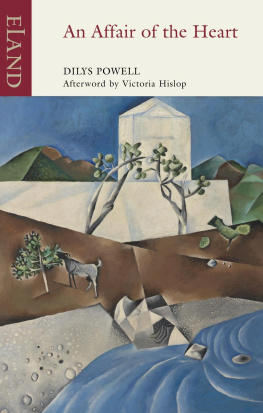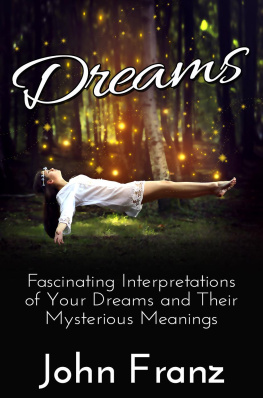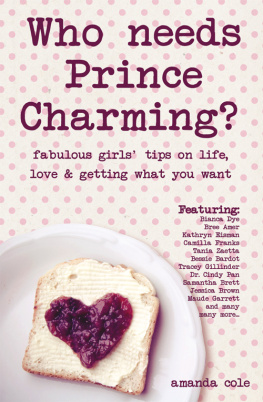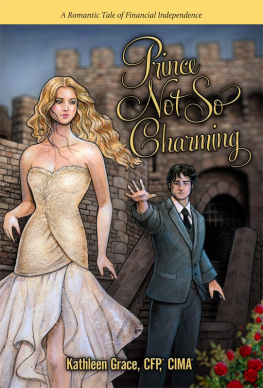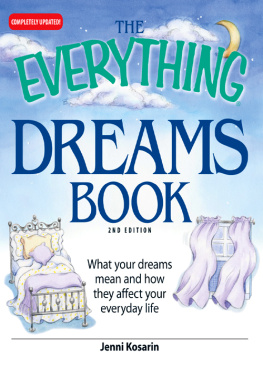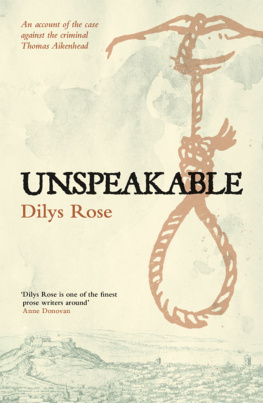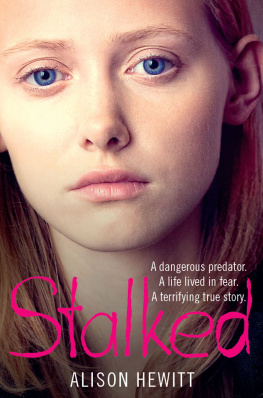Find a comfortable space with no distractions and engulf yourself in a publication that is written with provocative, candid language sure to educate, inform, and equip its readers with knowledge. With the powerful wisdom Dilys Sillah shares in her book, readers will not only gain a deeper understanding of who they are, they will gain a deeper understanding of who they are in relationships.
As a woman who has overcome many debilitating situations such as addiction, childhood sexual abuse, mental illness, and other traumatic events, I began to research various sources to help me in my quest for understanding why I made some of the choices and decisions that led me to a place of brokenness, especially as it pertains to relationships.
Again, I tell you: find a comfortable space in which to curl up with a cup of coffee and no distractions and become engulfed in the powerful presentation of erudition that will empower you and future generations to come.
Two thumbs up, five stars, and a smiley face for the woman who just made my relationship to my relationships make sense.
As women it seems no matter how old we are, what we look like or how we feel, self-assurance and confidence only seem to manifest when weve gone through a reflective MOT to bring us to a place of peace and love of self.
Acceptance of who we are, how we look, satisfaction in our chosen career paths and where we are in life generally, becomes a byproduct of coming to terms with the real us; the being comfortable in our own skin kind of us.
The concept of cleansing the body, mind and soul puts us in a position of power, with the greatest asset being the power of choice; the power to exercise and express with confidence our balanced emotional needs.
When we are in this headspace, we are able to decide the rules of engagement in our interactions by working first on ourselves, before permitting anyone to come into our emotional space or mind field.
From personal experience and observing the hundreds of women Ive interacted with and taking note of the dynamics of those relationships, successful associations become quite elusive when we havent gone through a cleansing of the heart process to self-evaluate our successes and failures.
We tend not to want to dwell on the failure part and just try and put it all behind us, because it may be too painful or require too much effort to work through the process that could take us to a place called Complete; and to be honest, how many of us even know what that means?
The desire to be with someone becomes more of a deep need than a desire, and therein lies the key to limiting our options of how we operate with balance within the relationships we fall into.
In any relationship, and love relationships are no different, theres a level of authority we give a person over our being when were not operating in a stable emotional or psychological capacity.
Wanting to be the other half in a relationship or a partnership is normal, but when it becomes all too consuming, when that need is dictated predominantly from an unhealthy place to complete and not complement us, the power of choice in who we associate with diminishes rapidly.
When we dont realise were driven to be a part of a relationship thats masked to cover the wounds of either one or both individuals, the yardstick used to assess what is a balanced and well-rounded connection becomes impossible to measure, because the apparatus (i.e. our emotions) being used is flawed.
The measure of ability to determine soundness of judgement is there, provided everything is tweaked to function as intended.
All elements need to be aligned so the reading and accuracy of your assessment can reach a logical conclusion, which can only be done without false information that leads you to make decisions based on inaccuracies and illogical equations.
Fear of being alone can act as an enabler that prevents a person from ignoring the need to be practical and deliberate in assessing a potential partners behaviours and the many other clues that we ignore.
Coming home to an empty bed and the lack of physical contact or adult conversation can be disheartening, lonely, frightening and isolating; its an especially difficult state to be in if you were in a long term relationship and that relationship ended before you were ready to let it go, whether you walked out or they did.
Maybe you were bereaved, and that can be even harder to deal with for an array of reasons, ranging from the state of deep grief to regret, in wishing youd done things differently, depending on what your particular story is.
A relationship between two people can be difficult enough to make work when you consider how complex we are as individuals. We all have our own identities and as unique as we are, no matter how connected we feel with another person, theres still the fact that youre two totally different people with differing views, differences in upbringing and life experiences to mention a few.
Time is needed to get to know each other and this can be both exciting and challenging, even when you claim to agree on everything: these observations are, of course, just a general take on how the dynamics of a regular relationship works for two regular people.
Step it up a notch and add children to the equation.
Children in the mix of a relationship, and the dynamics that this involves, becomes a very different ball game once you decide to date again; responsibly, that is!
When youve been in a relationship for a long time, you can sometimes lose a sense of self; be it with your self-confidence generally or trusting yourself to make decisions and plans that are right for you, that meet your particular needs.
Of course not all relationships are the same or end in the same way, but if you have been in a relationship where there has been a power imbalance of sorts, then you really need time to heal and find out who you are and what you want independently; ideally what you want and need is breathing and healing time.
Its helpful to explore the part you played in the relationship not working out, even where infidelity may have been involved, and thats not to say you should have given your partner more sex, nagged less or been a better cook!
No! No stereotypical, predictable blame-games here, just exploration and analysis of being better versions of ourselves and being sure of the world we want to see, create and experience for ourselves and our children particularly.

